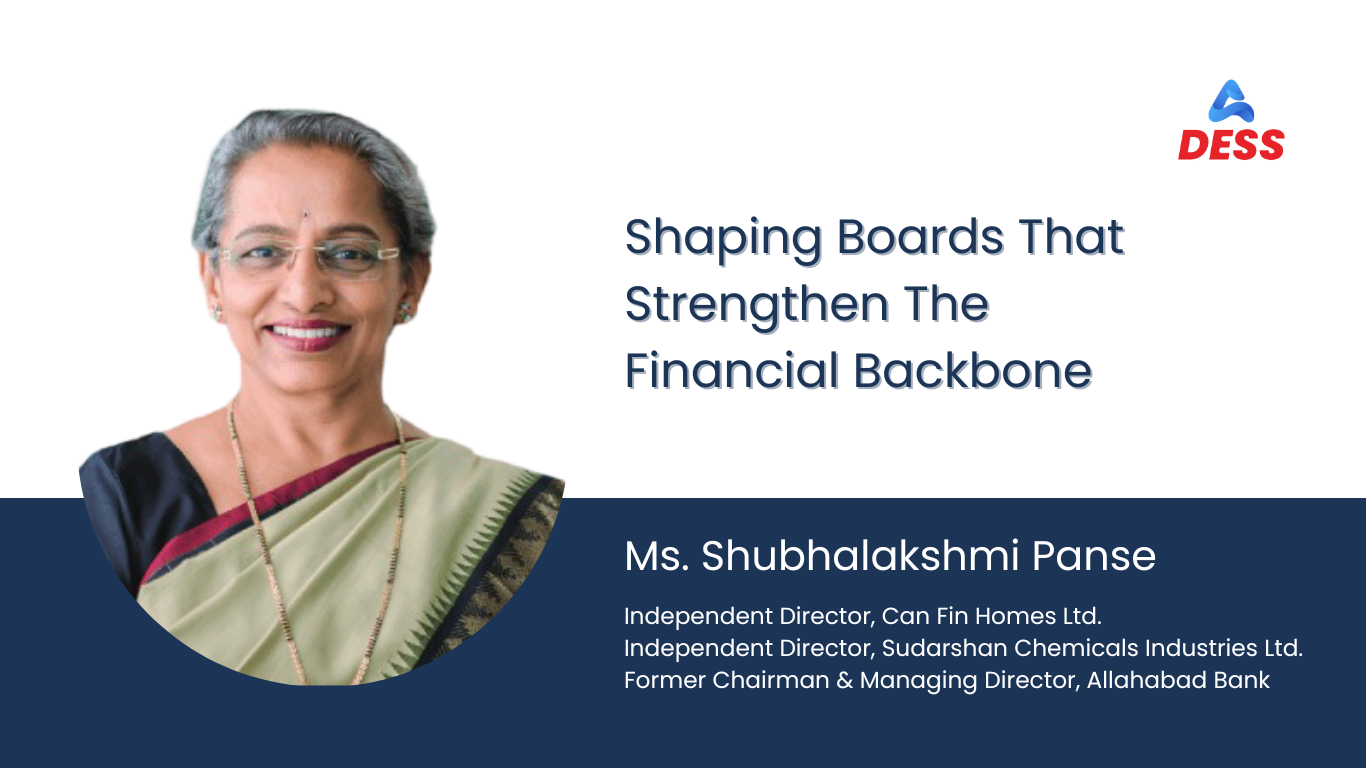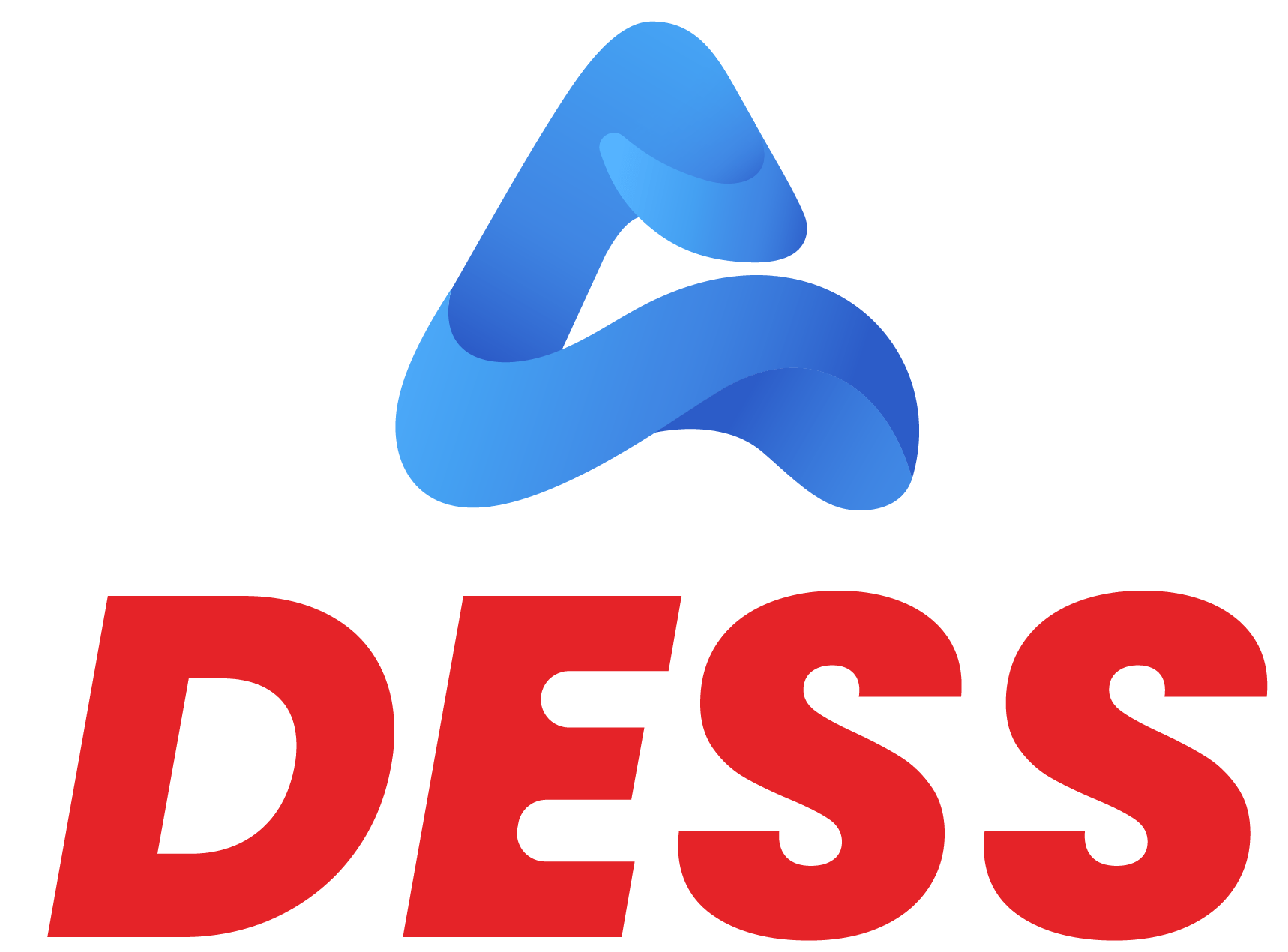
With an illustrious career spanning nearly four decades, Ms. Shubhalakshmi Panse brings a wealth of expertise in banking and corporate governance. With post graduation in Science (M.Sc.), Diploma in Business Management (DBM), Masters in Management Sciences with Specialization in Financial Management (MMS), Masters in Business Administration with specialization in Bank Management (USA) and CAIIB, Ms. Panse has held key leadership positions across major public sector banks.
Ms. Panse served as Chairperson and Managing Director of Allahabad Bank and was previously an Executive Director at Vijaya Bank. Her boardroom presence continues today as an Independent Director at Can Fin Homes Limited and Sudarshan Chemical Industries Limited with past directorships including PNB Housing Finance Limited and Atul Limited among others.
Ms. Panse has significantly contributed to policy and governance having been a member of the PJ Nayak Committee on Corporate Governance in PSBs and the RBI’s External Advisory Committee for Payment Banks. Her extensive experience covers balance sheet management, credit appraisal, treasury operations and IT strategy. Respected for her strategic acumen and institutional insight, Ms. Panse remains a distinguished figure in the financial and the corporate governance ecosystem.
In this interaction, Ms. Panse shares her valuable thoughts on how boardrooms in banking are evolving, modern corporate governance and future leadership in this sector.
Your career spans several decades including leadership roles at major banks. How have you seen the role of the board evolve over the years?
Ms. Panse: The board leadership role has certainly become more dynamic in addition to being more forward-looking. Earlier, much of the board’s focus was on compliance as well as risk mitigation. While these continue to be critical, there is now a stronger emphasis on strategy, digital transformation and long-term value creation.
Today’s boards are expected to be more agile, data-informed and inclusive in their decision-making while adapting to changing regulatory policies. This evolution is especially visible in banking, where responsiveness to regulatory changes, fintech innovation and shifting customer expectations has become essential.
Technology has significantly touched every aspect of banking. How has it influenced board governance?
Ms. Panse: Technology has dramatically enhanced how banks as well as their boards operate. I have led the journey where banks adapted to ATMs, core banking, cheque truncation to more recent developments such as artificial intelligence and digital currencies. With the complexity of heavy board agendas and geographically dispersed directors who are always on-the-move, boards have become more streamlined with video conferencing as well as board meetings software.
The influence of technology on board governance also extends to digital-led action tracking, performance evaluation, minutes approvals among other areas. The regulatory approvals for digital signatures, e-filings, legal entity identifiers among other initiatives have also fueled technology’s impact on board governance. Especially in the banking sector, where data security and compliance are paramount, technology is now a major component of modern governance.
Having served as a policy maker as well as a policy implementor, how do you view the changing regulatory expectations from boards in banking today?
Ms. Panse: During my time on the PJ Nayak Committee, we focused on redefining how boards in public sector banks operate—emphasizing independence, accountability and a move toward performance-driven governance. At the RBI Advisory Panel, the emphasis was on evaluating institutions through a lens of readiness in addition to agility. Both experiences reinforced the value of structured decision-making as well as the need for directors to be deeply engaged—not just informed.
Today, regulators demand deeper accountability, expertise and responsiveness, especially in areas like cybersecurity, ESG and digital innovation. There is increased scrutiny on board composition, tenures and independence. The shift to principle-based regulation underscores the importance of board-led culture. Boards are being mandated to be more agile for better financial stability as well as institutional resilience.
With your deep expertise in areas like credit monitoring and project finance, what would you advise board members when evaluating complex financial decisions?
Ms. Panse: The foundation is always context. Understanding the assumptions behind projections is just as important as reading the financials themselves. In credit monitoring, attention should be given to early warning signals as well as potential stress indicators, even in strong accounts. In project finance, viability matters more than feasibility—cash flow sustainability, regulatory dependencies and sponsor credibility are key.
Earlier, we spent time aligning data across different teams—an effort that slowed down decision-making. In the current scenario of reports, board meetings and reviews, getting hold of important information such as previous discussion points or supporting documents is much quicker and much better organized. This should help directors to ask sharper, better-informed questions. The point is not to lean on technology to replace thought—but to sharpen the lens through which thought is applied.
As the financial ecosystem changes rapidly, what skills do you believe are crucial for the future of board leadership in banking?
Ms. Panse: First and foremost, adaptability. The pace of change—from regulatory shifts to ESG expectations—demands that board leaders in banking stay ahead of the curve. A strong grasp of digital trends, cybersecurity and sensitivity analysis is becoming just as important as financial acumen.
Moreover, fostering a culture of openness, ethical conduct and continuous learning is always key. The ability to listen deeply, think strategically and guide institutions through transformation while maintaining stakeholder trust — these are the hallmarks of effective leadership for boardrooms today as well as in the future.
Given the sharp global shifts affecting the business environment, what risk implications should boards be most alert to, and what mitigating actions must they prioritize?
Ms. Panse: Global uncertainties such as geopolitical tensions, supply chain disruptions trade regulations and climate-related events have amplified operational, credit and reputational risks. Boards must assess second as well as third-order impacts of such
developments on business continuity, asset quality and capital adequacy. Mitigation should begin with robust scenario planning, strengthening enterprise risk frameworks and embedding ESG risk assessments. It is also crucial to align risk appetite with evolving market realities and maintain real-time oversight through enhanced MIS.
About Dess
Dess Digital Meetings is the world’s easiest-to-use board portal software for paperless board and committee meetings. Leading organizations in over 25 countries prefer Dess as their choice for efficient and effective board management software.
Dess believes in enhancing the value of information globally by harnessing unstructured data to empower the right people at the right time using the right technology. With its group of highly competent and motivated people, it has implemented several first-of-its-kind solutions.
To know, please click here or write to [email protected]


